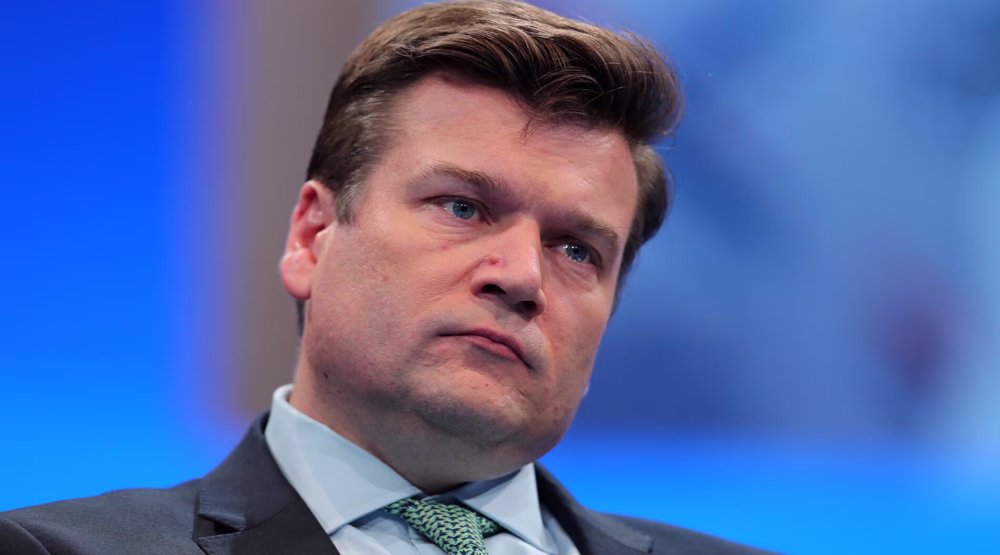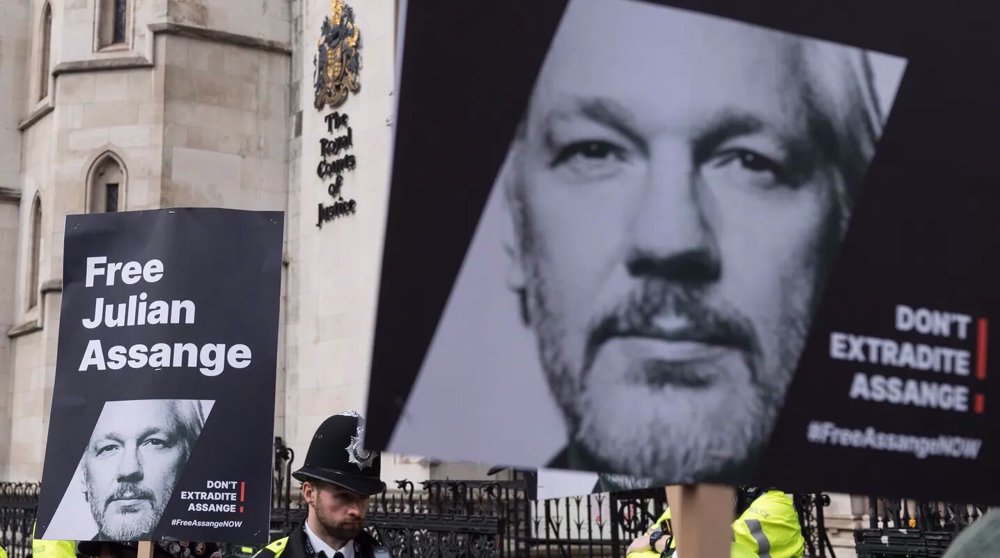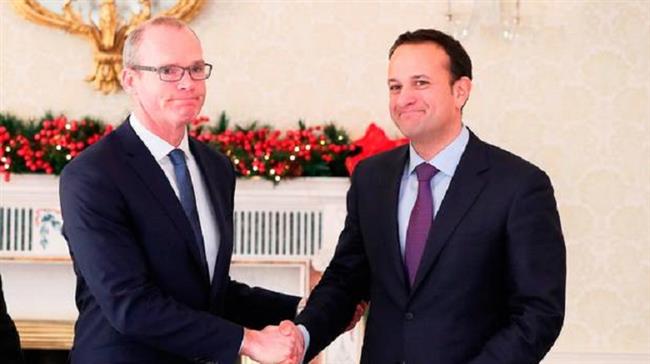Main points of Johnson’s Brexit game of hide-and-seek
UK PM Boris Johnson’s Brexit game of hide-and-seek with the public has been called out by the EU and Ireland. Read the main points of his limited-release ‘final deal’ and the reactionary outcry.
In an extraordinary announcement telling of growing mistrust of the UK Government, President of the European Commission, Jean-Claude Juncker, and Leo Varadkar, the Irish Taoiseach, issued a statement saying that the UK should open the legal text submitted to the EU on Wednesday to public scrutiny.
Boris Johnson has published only a seven page report on the 44-page proposal, having kept secret further details from his cohorts in Parliament as well as the public.
Specifically, the seven-page explanatory document states that the Prime Minister insists on a customs border on the island of Ireland, which would “absolutely not” require new infrastructure for checks and controls.
Northern Ireland shall retain the ability to vote every four years on whether it chooses to stay in the EU’s single market for goods, the government proposed. The plan would keep Northern Ireland in the EU single market for goods but see it leave the customs union.
Mr. Johnson said his idea of replacing the Irish backstop with a new regime of checks represented a genuine compromise and had been heard with interest by EU leaders. The UK PM warned that if the EU fails to accept his final deal, he will allow a no-deal to go through.
There are fears among officials that the Prime Minister is merely seeking to blame Brussels for a failure to find a deal. EU chief negotiator for the Brexit, Michel Barnier, went so far as to describe the proposal as a trap.
Moreover, Ireland’s premiere said he told the UK prime minister that the legal texts tabled “do not fully meet the agreed objectives of the backstop”. Mr. Varadkar accused Mr. Johnson of misleading parliament over the impact on the Irish border.
“I am reassured by what Prime Minister Johnson said today: that he is not proposing that there should be any new physical infrastructure on the island of Ireland linked to customs or customs checks – but that is actually in contradiction to the papers presented by the UK government yesterday,” Varadkar said. “I don’t fully understand how we can have Northern Ireland and the Republic of Ireland in a separate customs union and somehow avoid there being tariffs and checks and customs posts between north and south.”
Negative reactions kept pouring in from all sectors, specifically the European Parliament’s Brexit steering group, which insisted Mr. Johnson’s final Brexit proposal did not “even remotely” amount to an acceptable deal for the EU.
The prime minister’s chief negotiator, David Frost, has been given a deadline of one week to offer fresh solutions on the key sticking points.
Missing from key reactions to Mr. Johnson’s final dash to a deal is the British public’s opinion. Mr. Varadkar has suggested that the British public changed its mind on Brexit, but was being prevented from having its voice heard.
“All the polls since Mr. Johnson became prime minister suggest that’s what the British people actually want, but their political system is not able to give them that choice,” he said.
It has become clear that the people’s champion is not a Briton after at all, but rather, those sitting on the opposing side of the UK Government.
Optimism for the possibility of striking any sort of a deal in the next 10 days has waned as the EU’s chief negotiator told diplomats on Thursday night that the British must “fundamentally amend their position”.
Brussels has stressed that a deal must be reached before leaders attend a crunch EU summit on 17 October.
What is at stake is not only the UK’s prospect to enhance its economy through trade with non-EU nations, but peace in Ireland – whose residents reject any physical border infrastructure on the island.
Boris Johnson seeks to strike his own trade deals, particularly with the US, and the Irish backstop is an impediment to his overall goal. But the EU will push back hard against suggestions that it needs to revise its own customs rules to suit the UK.
April 17: ‘Axis of Resistance’ operations against Israeli occupation
UN Security Council to vote on full Palestinian UN membership on Friday
Palestinians across Gaza Strip caught in grip of 'man-made famine’: UNRWA
UK, Italy call on Israel to refrain from escalating tensions in region
VIDEO | Toronto activists block Canada-US rail line in support of Gaza
FM: Iran informed US of retaliatory strikes against Israel
VIDEO | Press TV's news headlines
VIDEO | London demonstration calls for UK to stop exporting arms to Israel















 This makes it easy to access the Press TV website
This makes it easy to access the Press TV website